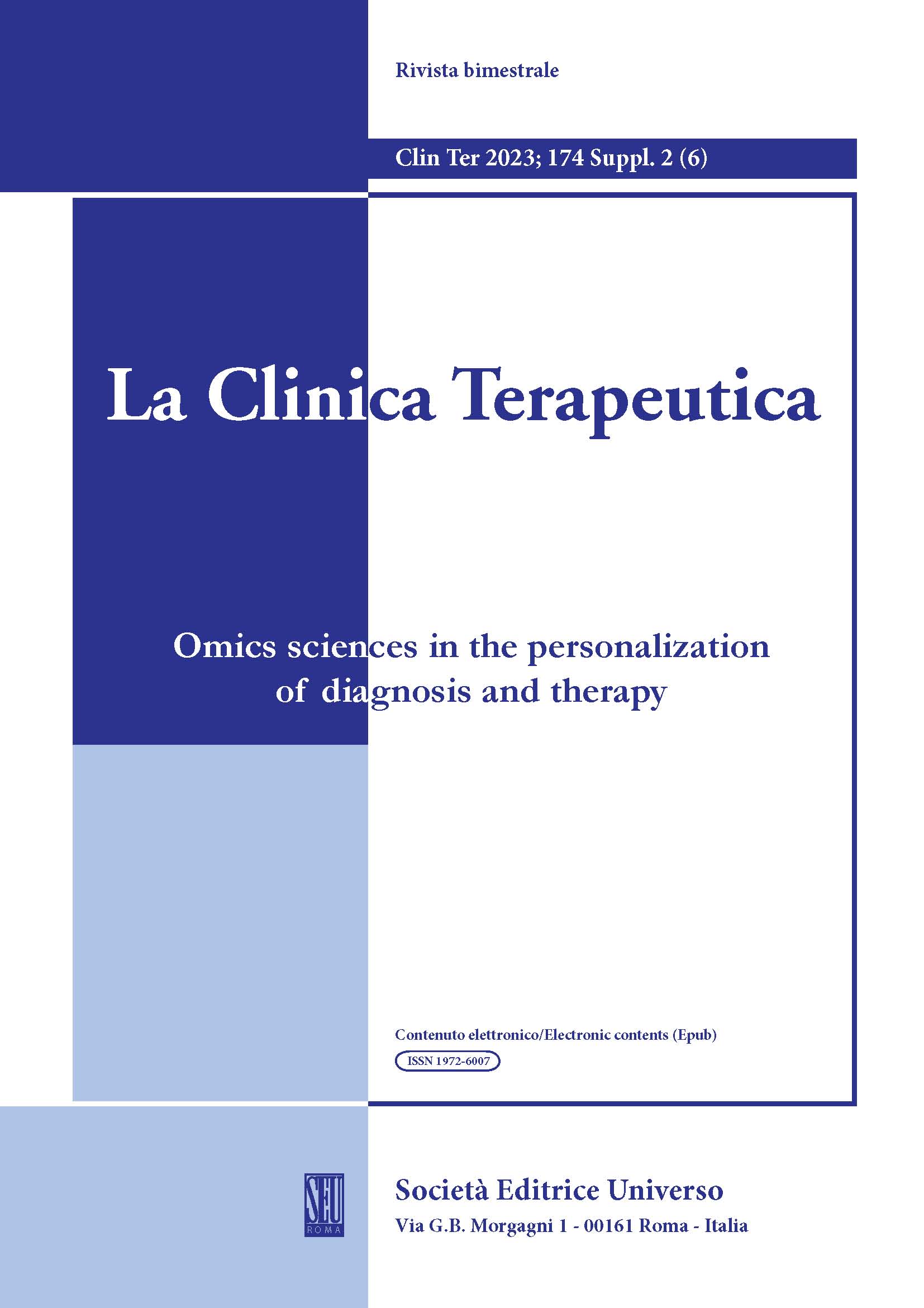Abstract
Nutritional genomics, also known as nutrigenomics, is the study of how a person’s diet and genes interact with each other. The field of nutrigenomics aims to explain how common food additives and preservatives can change the body’s genetic balance towards either health or sickness. This study examines the effects of SNPs on detoxification, antioxidant capacity, and longevity. SNPs are mutations that only change one nucleotide at a specific site in the DNA. Specific SNPs have been associated to a variety of biological processes, including detoxification, antioxidant capacity, and longevity. This article mainly focuses on the following genes: SOD2, AS3MT, CYP1A2, and ADORA2A (detoxification); LEPR, TCF7L2, KCNJ11, AMY1, and UCP3 (antioxidant capacity); FOXO3 and BPIFB4 (longevity). This review underlines that many genes—among which FOXO3, TCF7L2, LEPR, CYP1A2, ADORA2A, and SOD2—have a unique effect on a person’s health, susceptibility to disease, and general well-being. Due to their important roles in numerous biological processes and their implications for health, these genes have undergone intensive research. Examining the SNPs in these genes can provide insight into how genetic variants affect individuals’ responses to their environment, their likelihood of developing certain diseases, and their general state of health.
